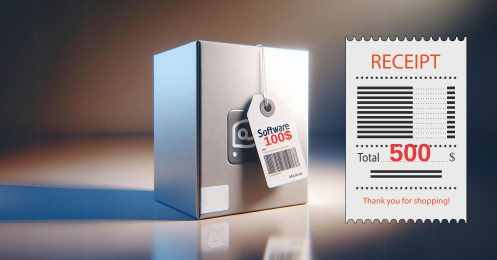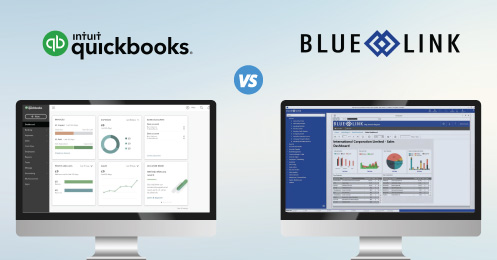Update August 2023: The FDA recently released a guidance exercising a "Stabilization Period". This means the FDA will not enforce the below requirements until November 27, 2024 but it is stressed that all trading partners do not stop or delay implementing interoperable processes.
Connie Jung, Senior Advisor for Policy, U.S. Food and Drug Administration, answering a question from Riya from LSPedia at the August 30th, 2023 HDA Conference on the topic of companies requesting the pause or delay of implementation of software systems in reaction to the August 25th, 2023 guidance announcing the stabilization period delaying enforcement until Nov 27, 2024:
“This is not a justification to stop implementation, and if they choose to do that, they are going to be putting themselves at risk for non-compliance.”
Read the August 2023 Guidance: Enhanced Drug Distribution Security Requirements Under Section 582(g)(1) of the Federal Food, Drug, and Cosmetic Act--Compliance Policies | FDA
As we approach the November 2023 (Now 2024) DSCSA deadline, here is a summary of the DSCSA requirements for wholesale distributors in the pharmaceutical industry.
2024 Requirements by the DSCSA
- Inbound Shipments
- Outbound Shipments
- Decoding and Creating Files
- Receiving and Sending Files
Inbound Shipments – Receiving Inventory
When receiving inventory as a wholesale distributor in the pharmaceutical industry, you must be able to physically verify the serial number on each unit you receive against the electronic file (EPCIS file) sent to you by your suppliers. This means every individual serial number that your supplier says they sent to you, must be compared against the electronic file. For this requirement, you need to be able to:
- Receive these files from your suppliers
- Decode these files (this is a completely separate activity from receiving the files)
- Compare the file information with the actual product you received
Outbound Shipments – Shipping Inventory
When it comes time to ship products to your customers, you must be able to send an electronic file (EPCIS file) outbound to every customer to whom you ship drugs. That file must identify the NDC and every individual serial number of the smallest saleable unit of measure of the product that you are shipping to your customer. To meet this requirement, you need to be able to:
- Create/encode a file with information about what you actually ship out
- Send the file to your customers (this is a completely separate activity from creating the file)
Decoding and Creating Files
Once you have received an inbound EPCIS file, you need to be able to decode its contents, and when scanning barcodes on a received product, automatically compare/verify what you’ve scanned against the contents of that file.
Similarly, when shipping out a product, as you scan the outbound product you need to create the outbound EPCIS file.
Receiving and Sending Files
Sending and receiving EPCIS files is a separate process from decoding and creating files and may involve the use of additional 3rd party solutions and integrators.
Systems and tools for decoding and creating files will not be useful to your business until you can receive and transmit the files as well.
As of today, several systems in the marketplace provide functionality for decoding and creating EPCIS files, as well as receiving and sending files, however, you want to make sure that these systems can integrate with your existing pharmaceutical ERP solution.










